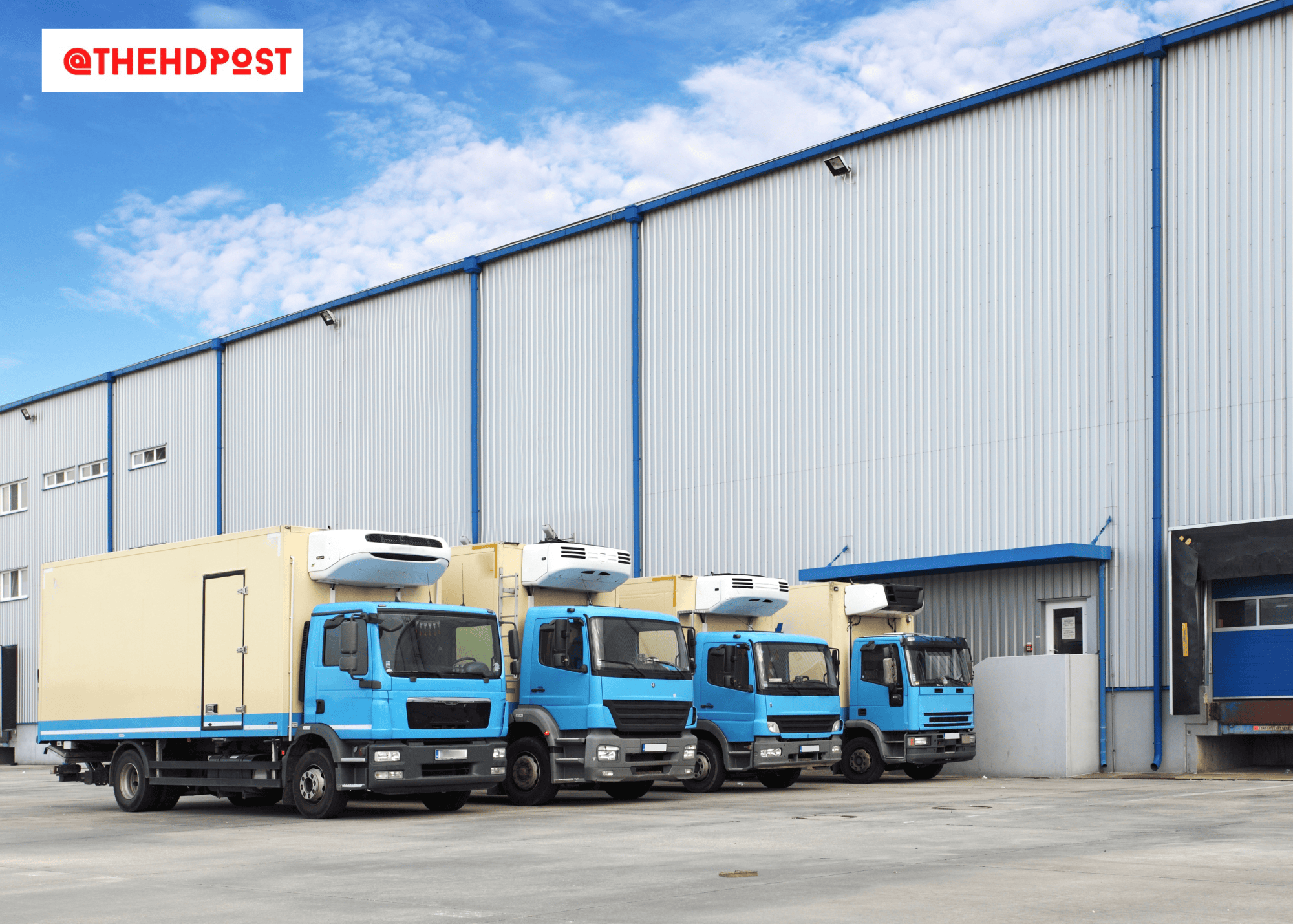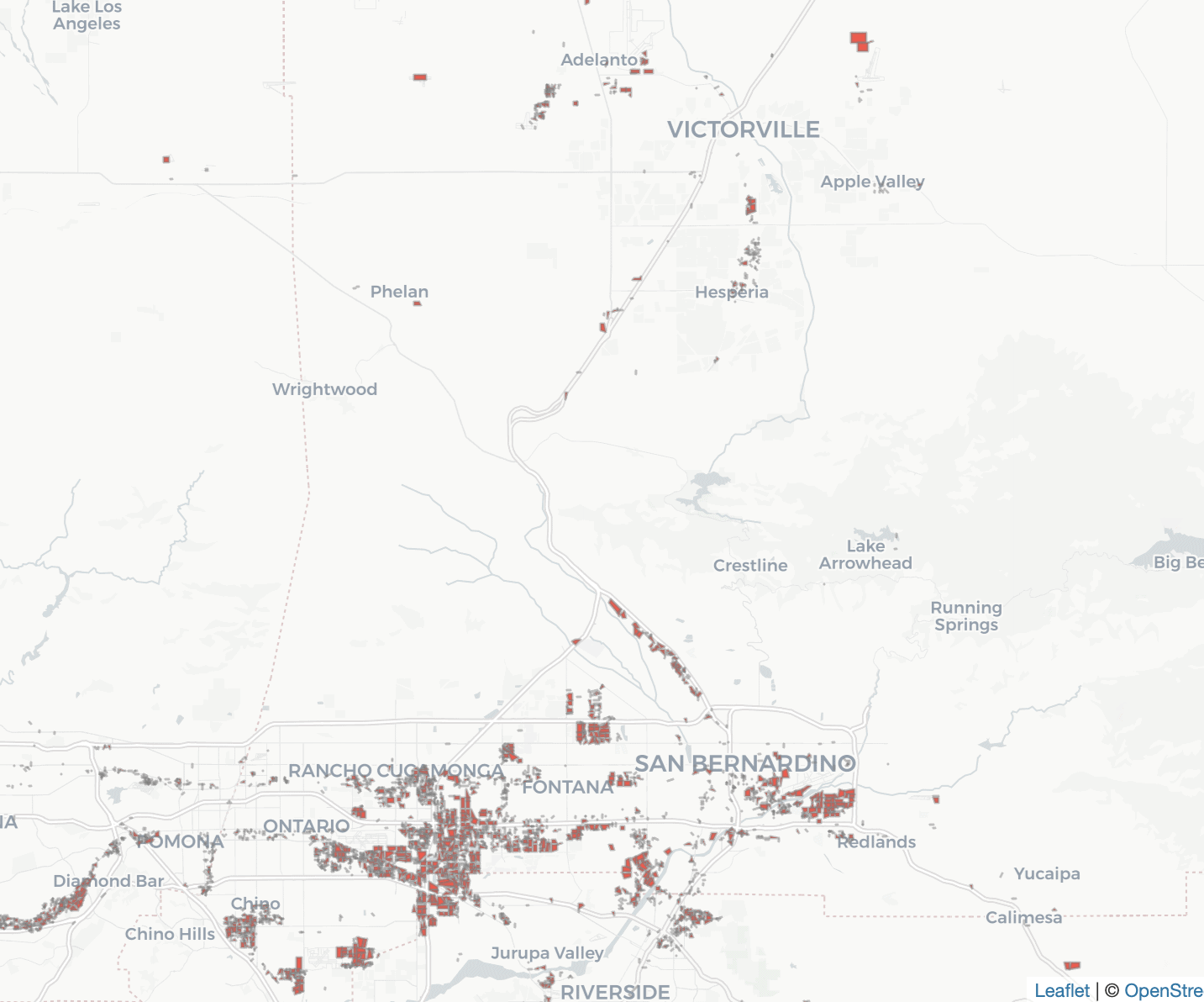
HESPERIA – Over 60 environmental advocacy groups are calling on Governor Gavin Newsom to impose a one to two year moratorium on warehouses, including seven in the High Desert. The coalition says the moratorium will allow time to implement policies to address warehouse growth and an accompanying health crisis within Inland communities.
In a letter dated January 23, 2023, the coalition comprised of the Sierra Club, Center for Biological Diversity, R-Now and others, asked Newsom to declare a state of emergency for public health in California’s Inland Empire.
“In the Inland Empire, warehouse growth is one of the most critical environmental justice issues of our time. The rise of e-commerce since the COVID-19 pandemic has brought warehouse growth, decreased air quality, and health inequities into sharp focus,” states the letter.
Approved and Pending Warehouses
The letter goes on to state that the Inland Empire has approximately 1 billion square feet of warehouse space. An additional 170 million square feet are currently approved or pending. Listed warehouse developments in the High Desert that would be affected are:
- Hesperia Commerce Center II
- Apple Valley 143
- I-15 Industrial Park
- Southern California Logistics Airport Lot 44 Distribution Center
- Ottawa Business Center
- Dara Industrial
- United States Cold Storage Hesperia

“Alarming statistics accompany this footprint: pollution and carbon emissions, increased heat, traffic, and health and safety issues both in the workplace and in our communities,” states the letter.
RELATED: Warehouse tenants facing a 62% rent increase
In addition to the moratorium, the coalition asked for interventions that include identifying communities of high exposure to create higher standards for project approval and mandated up-front mitigation of environmental harms like green infrastructure.
Although the coalition would like the state to declare a public health crisis in the Inland Empire, San Bernardino County Supervisor Curt Hagman says otherwise.
In a statement to the Press-Enterprise, Hagman said that the logistics industry “continues to invest in environmentally friendly buildings and the trucking industry commits to vehicles with reduced or near zero-emission emissions. He added that California has strict environmental laws which all local governments must obey.